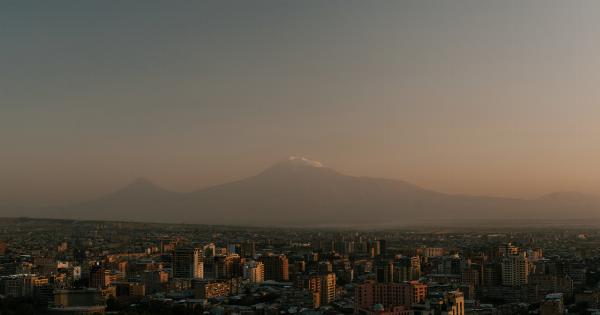Alien insurance, also known as extraterrestrial insurance, is a specialized form of insurance that provides coverage for individuals or organizations involved in space exploration, colonization, or other activities beyond Earth.
As the possibilities of space exploration and colonization expand, so does the need for insurance coverage tailored to the unique risks and challenges faced by those venturing beyond our planet. In this article, we will explore the different types of alien insurance available and the benefits they offer.
1. Spacecraft Insurance
Spacecraft insurance provides coverage for the risks associated with space missions, including launch failures, satellite malfunctions, collisions with space debris, and damage caused by micrometeoroids.
This type of insurance helps protect the substantial investments made in spacecraft and satellites, ensuring that financial losses are mitigated in the event of unforeseen accidents or incidents.
2. Liability Insurance
Liability insurance for space-related activities covers the financial responsibility of individuals or organizations if they cause bodily injury or property damage to third parties during their space missions.
It also includes coverage for legal defense costs in case of lawsuits arising from such incidents. Liability insurance is crucial in space exploration to safeguard the interests of parties involved and maintain responsible conduct.
3. Environmental Liability Insurance
Environmental liability insurance specifically addresses risks associated with space debris and pollution.
With the increasing number of satellites and space missions, the amount of space debris in Earth’s orbit has also multiplied, posing a significant threat to existing satellites and future space missions. Environmental liability insurance helps cover the costs of debris removal or potential damage caused by debris to spacecraft or other objects.
4. Life Support Insurance
Life support insurance is designed to protect the lives of astronauts or individuals working in extreme extraterrestrial environments.
It covers medical expenses, disability benefits, and even death benefits resulting from accidents or health issues that arise during space missions. This type of insurance is vital to ensure the well-being of individuals in space and provide financial support to their families in case of unfortunate events.
5. Contingent Business Interruption Insurance
Contingent business interruption insurance provides coverage for the financial losses suffered by businesses on Earth due to disruptions caused by space-related activities.
While this type of insurance is not directly related to space exploration per se, it recognizes the potential impact on industries and businesses that rely on satellite communications, weather forecasting, or GPS navigation systems. It helps businesses recover from income losses resulting from disruptions caused by space-related incidents or accidents.
6. Astrobiology Insurance
Astrobiology insurance covers the costs associated with research and experiments related to the search for extraterrestrial life and the study of astrobiology.
It includes protection for scientific equipment, data loss, and compensation for damage or loss of samples obtained from space missions. This type of insurance encourages further exploration and research in the field of astrobiology by mitigating financial risks.
7. Property Insurance
Property insurance for extraterrestrial assets provides coverage for physical structures, bases, habitats, or any property that is established or utilized on other celestial bodies, such as the Moon or Mars.
As plans for space colonization become more feasible, this type of insurance will be essential to protect investments in establishing permanent settlements or infrastructure on other planets.
8. Cargo Insurance
Cargo insurance for space missions covers the damage or loss of goods, equipment, or supplies during transportation to or from space.
Just like traditional cargo insurance, it offers protection against various risks, such as accidents, fires, theft, or unforeseen events that may occur during launch, landing, or orbital operations. This insurance ensures that the value of cargo is preserved, even in the challenging and unpredictable environment of space.
9. Future Technologies Insurance
Future technologies insurance addresses the risks associated with emerging technologies and innovations developed for space exploration or extraterrestrial colonization.
It covers experiments, prototypes, or novel technologies that have not yet been fully tested or commercialized. This type of insurance plays a crucial role in encouraging research and development in new space-related technologies by providing a safety net for potential failures or unforeseen complications.
10. Kidnapping and Ransom Insurance
Kidnapping and ransom insurance protects individuals who may be at risk of abduction or hostage situations during space missions or operations.
While this may seem like a plot from a science fiction movie, there are ever-increasing possibilities of private companies or individuals venturing into space. This insurance provides coverage for the costs associated with negotiations, ransom payments, and recovery efforts in case of kidnapping incidents.
Conclusion
The development of alien insurance has become vital in supporting space exploration, colonization, and associated activities.
The risks involved in such endeavors require specialized coverage to protect investments, ensure responsible conduct, and provide financial support to individuals and businesses involved. With the expansion of human activities beyond Earth, the types of alien insurance available are likely to further evolve and adapt to future needs.






















